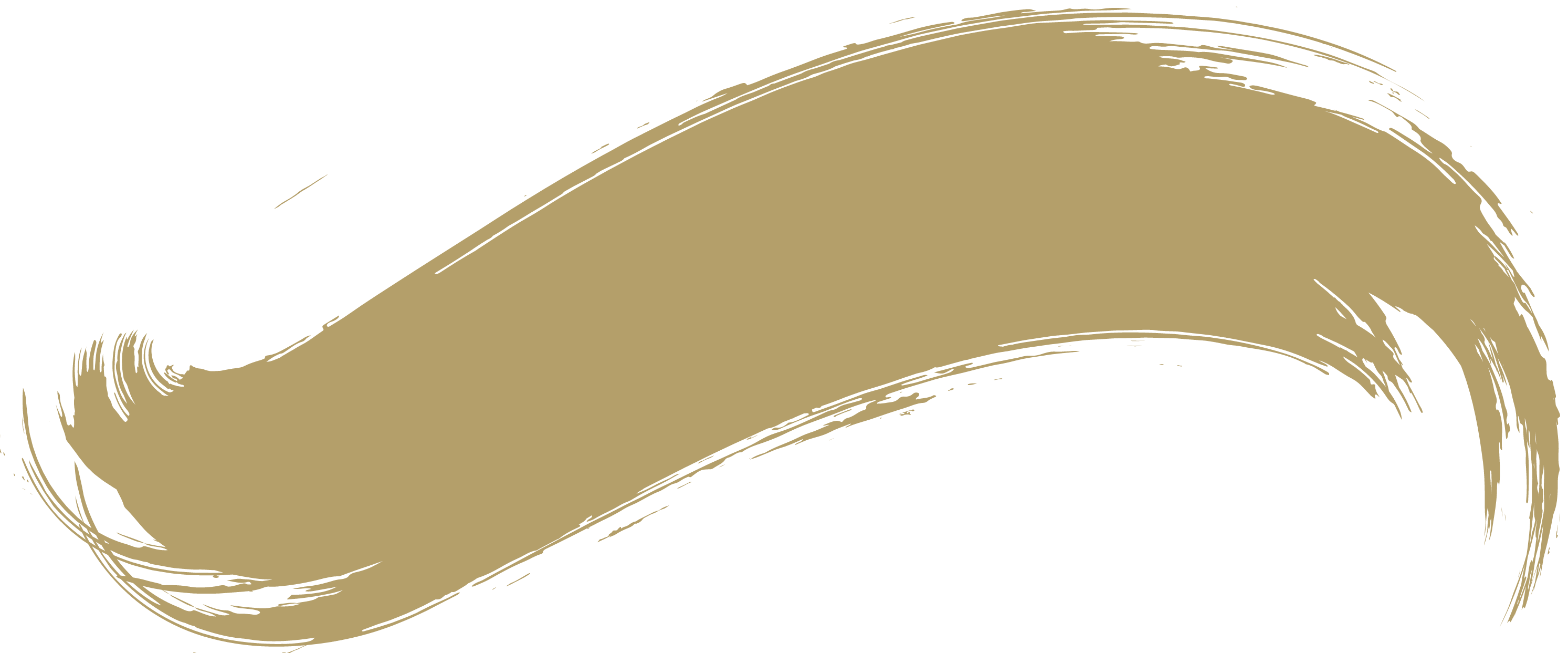What Toma McCullim says:
As artists we are always working in a place of liminality. We are conjuring from the now ideas that manifest some time in the future. We shape from the material and ideas a mix that then is pressed and honed by times unseen interventions. Sometimes a thing is lost in the fire. Sometimes what is made is vastly different from what’s imagined and sometimes that makes it a truer likeness.
When I set out on this journey of imagination I didn’t have any idea of this place that we find ourselves. But this is how stories of life journeys usually go. When we embarked on ‘Calling Home’ we were seeking to honour the experiences of Irish people who left Ireland during the 50’s and 60’s for new lives in other countries. We were imagining a creative social inclusion initiative which would bring older people into connection through new technologies. The plan was to reach out to reunite West Cork diaspora and remember together what it was like to leave home and what it was like to be left behind. We were thinking of present day immigration, and to the lived wisdom of our elders to tell us of the things they experienced in their journeying. The aim was to create a network of belonging between old and new communities through sharing.
Our project flowed both ways. It was also about bringing a greater sense of community connection to its host organisation, the Ludgate Hub in Skibbereen. The history of this part of Ireland is framed by the legacy of the Irish Famine. Traditionally young people left for better lives abroad. The Ludgate Hub has attempted to reverse that trend by providing a hot desk centre with ultra-fast broadband. It sets out to call home a new generation who have the ability to live rurally whilst still being in instant connection with the rest of the world. In this way we aimed to make friends of old and new communities.
I have been working for the last 7 years with the West Cork Arts for Health Partnership with older people, many of whom are experiencing dementia. During this time I have heard many stories of emigration – things like the ‘American Wake’ mourning parties for those who were setting sail from Ireland probably never to be heard from again, and the ‘parcel from the relatives’, those things that would be sent back to fire the imaginations of those left behind.
We used live links to talk to people in America, watched clips from the archive, and shared stories. From these initial storytelling sessions we came up with the idea for ‘Stories we have Carried’, a series of art works which would be created inside vintage suitcases. There were tales of road building and bus driving, nursing and hotels, of leaving industrial schools, of finding mothers, of being arrested after the Birmingham Pub bombings. Participants looked for things that would tell their stories. There was a trunk that went by boat to Boston with a Skibbereen young man, and returned by plane with a new wife and 4 children, which still contained her wedding dress. Photographs showed the day one girl left Kent Station with her friends on the journey to becoming a nun in Australia. There was the pass book that recorded every trip back and forward from Britain on the much talked about Inisfallen.
Diaspora joined in too. One man who left the farm for New York at a time when homosexuality was still criminalised, made a small film of tending his garden in Brooklyn. There are many reasons why people left and we have had many lively and impassioned discussions about them.
From the vivid memories of the little Irelands formed in dancehalls, we came up with a plan to return to the 1950’s by having a dance at our local Town Hall. We planned to show our suitcases ‘Stories we have Carried’ there. We were aiming to live link with Ludgate Hub staff to teach them the songs of the time. Then in May during the Bealtaine Festival, which celebrates arts and creativity as we age, our Ludgate Hub choir would join participants and the wider community to dress up in 1950’s and 1960’s clothes for an event we were calling ‘The American Wake’. The grand plan was to be accessible for the world to see and join in on. But of course these were all ideas, great plans for lives that were changed by interventions. This of course was the type of story we had heard in our sharing. What would have happened if? Talking to people who had lived through World War II puts the coronavirus crisis into perspective.
I hope that at least some of the Day Centre and Luncheon Club members who have lost these vital services at this time have gained from being introduced to new technologies during the programme, to bring them into connection with their loved ones. ‘Calling Home’ started as a way of connecting with the past, but it became a vital way of connecting with our present.
Residency programme
Toma held three blocks of activity during the programme, around Lughnasa in August where she was resident in the Ludgate Hub, Samhain in November and Imbolc in February, with workshops held in Uillinn West Cork Arts Centre, Skibbereen Luncheon Club, Skibbereen Community Hospital and Schull Hospital. Toma used a mixture of film and voice recording to capture stories of emigration, history, and heritage from the participants, in addition to asking people to bring physical mementoes.






